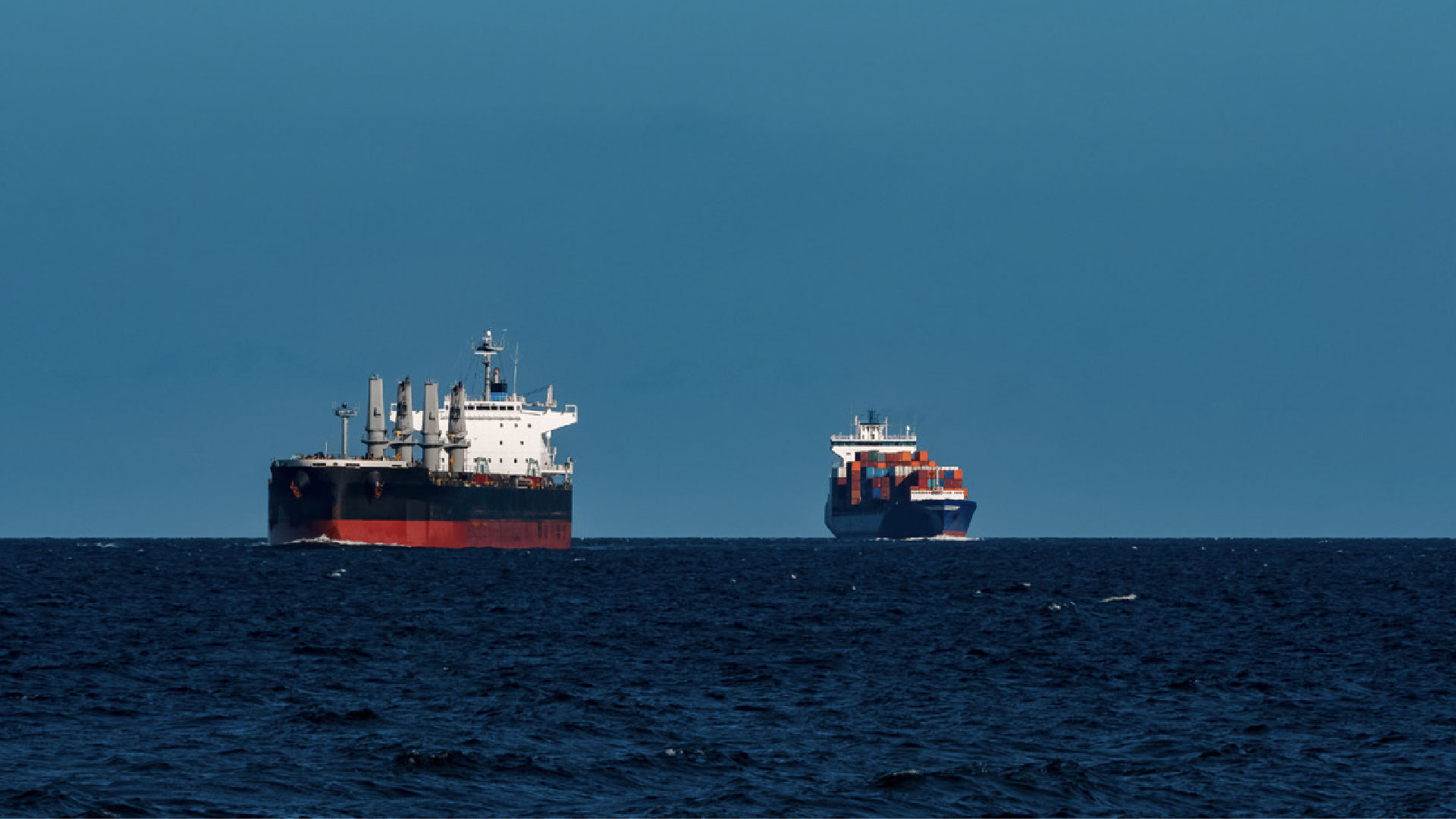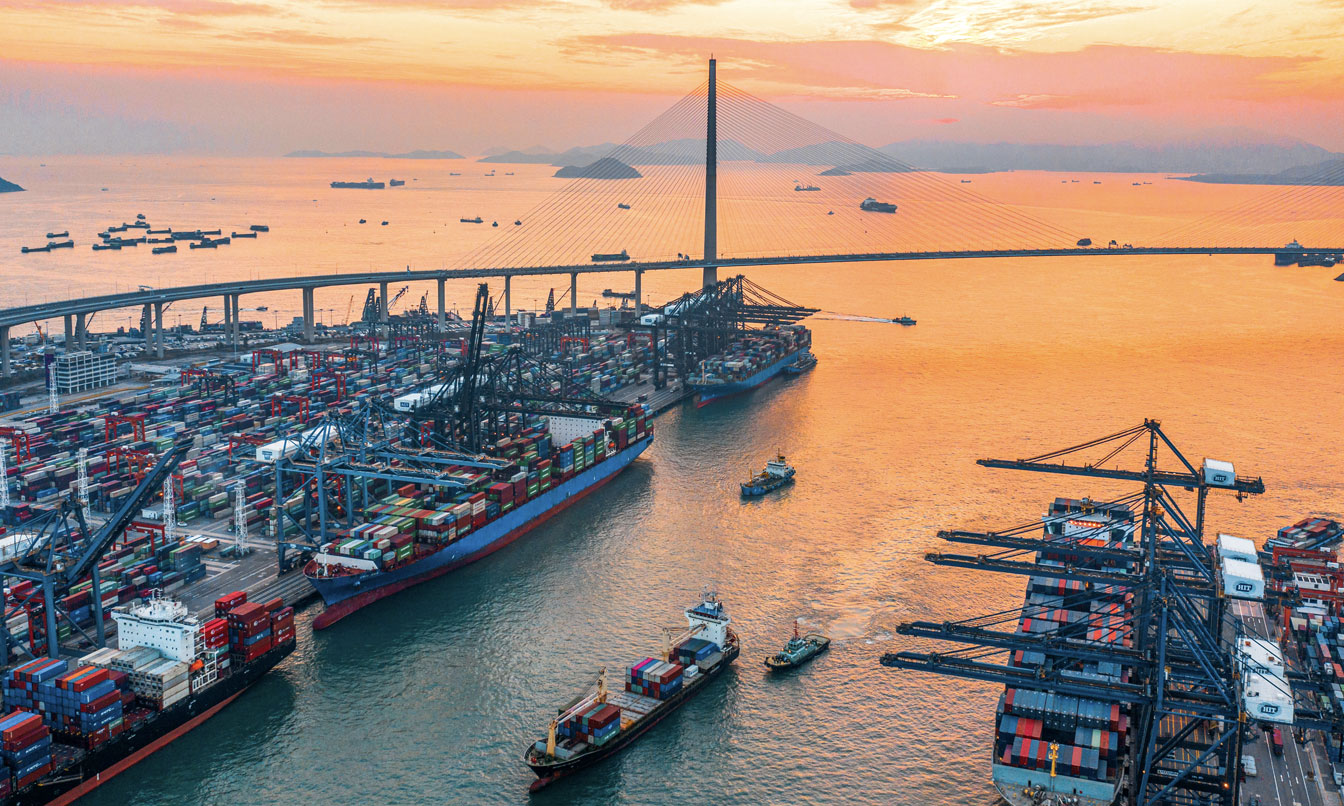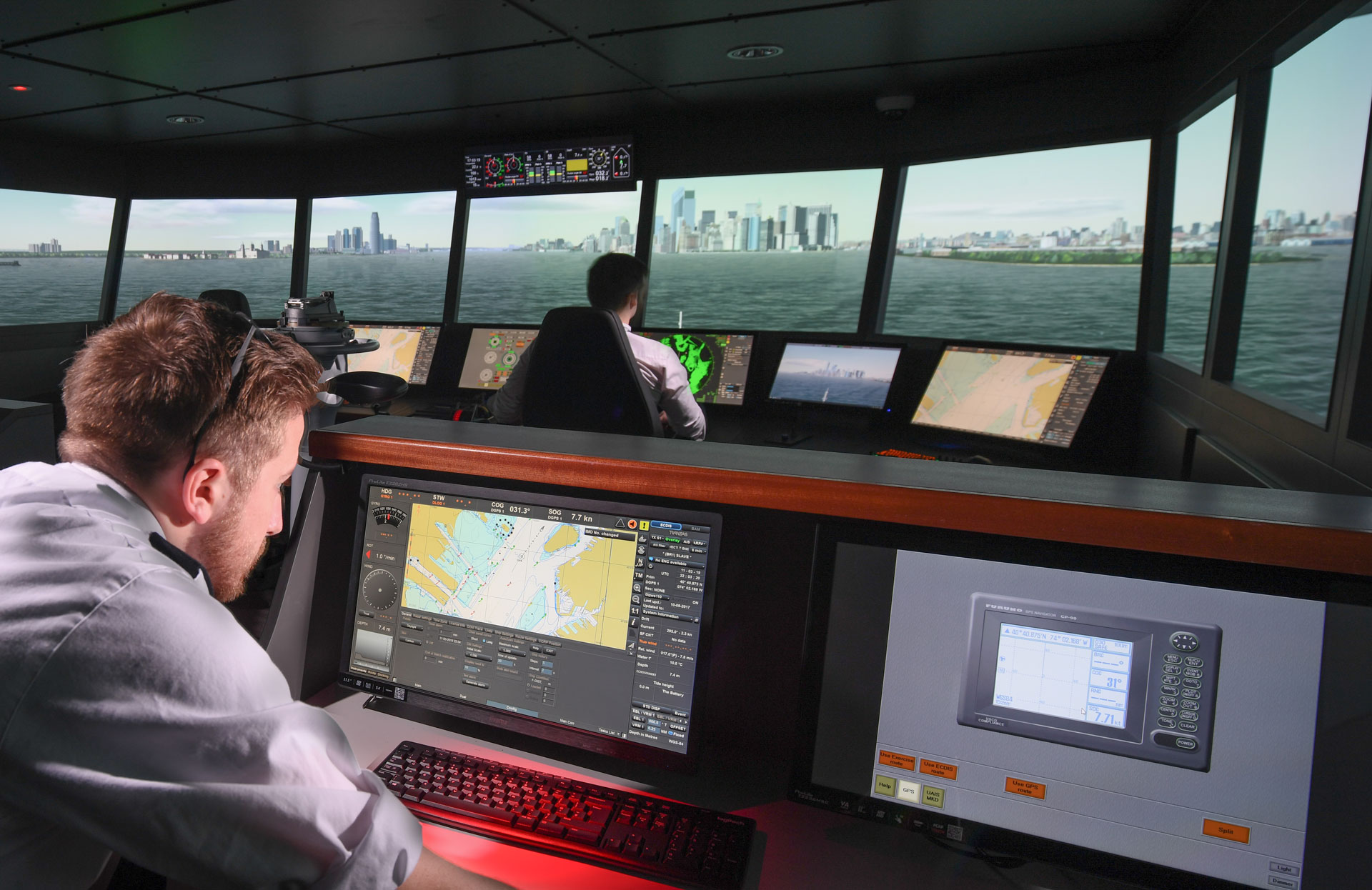The digital route to decarbonisation










90% of data generated on board the ship never leaves the deck, which means operators are losing out on valuable insight and analytics that can improve performance and fuel efficiency. It’s a similar situation at ports.
Source: Vodaphone
In a utopian future, all ships would run on zero-emission clean fuels. But right now, the industry is caught in flux over the right green fuel hunt (there are many contenders), while regulatory deadlines are looming over the head. Shipping thus needs solutions that can abate climate damage today.
Fortunately, digital technologies have some solid answers ready.
For example, Wärtsilä Voyage’s Fleet Operations Solution (FOS) is a cloud-based solution that has multiple software modules designed for vessels to achieve a good rating. It improves operations by focusing on speed, weather and route optimisation, reducing fuel consumption and operational costs. The solution also supports predictive maintenance for propeller, hull and engine condition.

Intelligent voyage and route opitimisation
The FOS features, therefore, also reduce the risk of mishaps and cargo loss. There have been a series of incidents involving boxes falling off ships, harsh weather leading to engine failures or groundings, including the latest mishap at the Suez Canal. FOS offers full-scale navigational assistance through ECDIS, along with real-time forecasts and auto-updates on viable routes to improve voyage safety.
The software also makes compliance and reporting requirements transparent by acting as a collaborative platform for shipowners, operators, managers, and charterers. This is important as one of the major bottlenecks in maritime trade is a fragmented ecosystem. Typically, different companies handle different elements affecting a ship’s performance. FOS unites all stakeholders under one platform and gives access to up-to-date vessel insights from anywhere and anytime. This helps reduce chances of error, cuts the crew’s clerical workload and saves time.
Moreover, eventually, when ships switch to cleaner energy and have a smaller capacity to carry fuel onboard, FOS will continue to help optimise routes and operations, while cutting down unnecessary detours for refills and fuel wastage.
Keeping the competitive edge
Adapting the new cloud solutions, therefore, isn’t just about regulations. It’s also a matter of staying competitive and ahead of the curve. Not only do the delays and inefficiencies cost dearly in terms of anchorage costs, underutilised labour, and unutilised shipping capacity, it bears reputational costs as well. And the industry is beginning to understand that.
Lack of systematic digitalisation is now receiving more attention from shipowners and port management. Even the smaller ones, who previously may have had some wiggle room to procrastinate the transition, are now trying to get in the game.
Everyone knows, if left unchecked, lagging in tech upgrades that support better connectivity, safety, and operational efficiency could diminish a port’s or shipping line’s trade edge over the next few years.
FOS offers real-time route optimisation to improve safety and fuel efficiency


